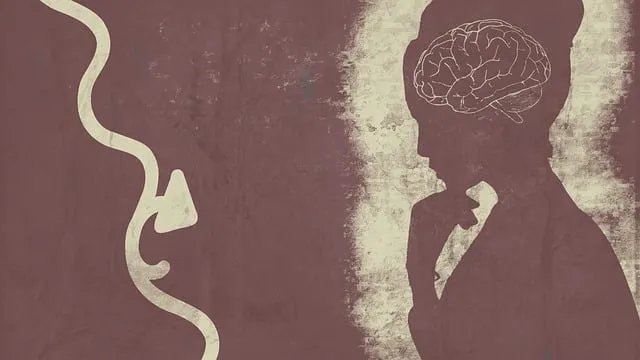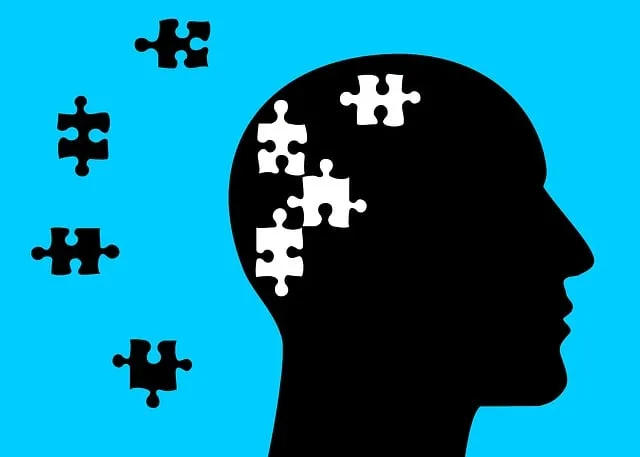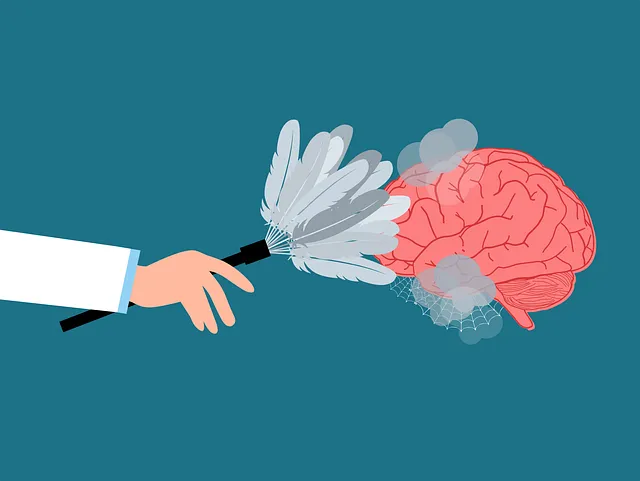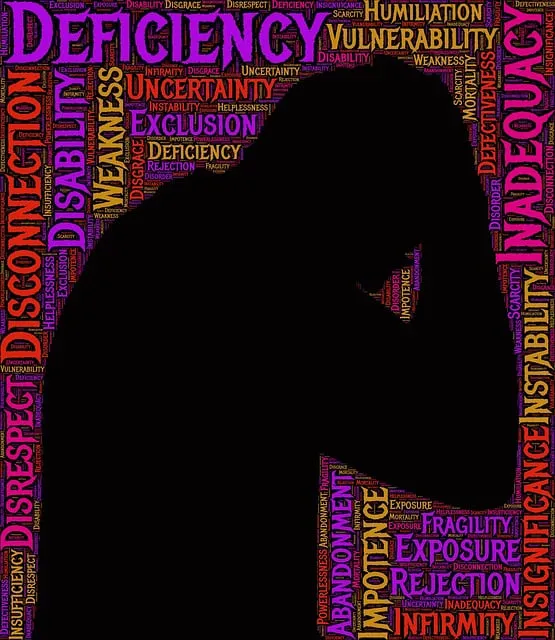Louisville Kaiser Permanente psychiatry services emphasize cultural diversity, offering tailored care that respects patients' unique ethnic and cultural identities. They adapt therapeutic techniques, provide language accessibility, promote culturally-specific education, and create inclusive communication spaces. Through mental wellness coaching programs, they empower individuals to manage their mental health while embracing their cultures, ultimately reducing anxiety. This culturally sensitive approach ensures effective treatment for Louisville's diverse community by integrating Mind Over Matter principles and Healthcare Provider Cultural Competency Training.
Cultural sensitivity is an essential aspect of delivering effective mental healthcare, especially in diverse communities. This article explores the critical role of understanding cultural diversity in enhancing access and outcomes for marginalized groups. We delve into the impact of cultural differences on mental health services, using Louisville Kaiser Permanente Psychiatry as a case study—an organization renowned for its commitment to culturally sensitive practices. Additionally, we offer practical tips for healthcare providers aiming to build inclusive environments and improve patient-provider relationships across diverse cultures.
- Understanding Cultural Diversity in Mental Healthcare
- – Defining cultural sensitivity and its significance in mental health
- – Exploring the impact of cultural differences on mental healthcare seeking and treatment
Understanding Cultural Diversity in Mental Healthcare

In Louisville, Kaiser Permanente psychiatry services recognize that cultural diversity is a critical aspect of providing comprehensive mental healthcare. The community is comprised of individuals from various ethnic backgrounds, each bringing unique perspectives and experiences that shape their interaction with mental health services. Understanding this cultural mosaic is essential for effective treatment and building trust between patients and providers. By embracing cultural sensitivity, the psychiatry department aims to offer tailored care that respects and values the diverse needs and beliefs of its clientele.
This approach involves not only recognizing but also incorporating cultural competencies in all aspects of mental healthcare delivery. This includes adapting therapeutic techniques, ensuring language accessibility through translation services, and promoting patient education tailored to specific cultural contexts. The goal is to create an inclusive environment that fosters open communication, enhances mental health awareness, and ultimately provides anxiety relief for individuals from all backgrounds. Through the development of mental wellness coaching programs, Kaiser Permanente seeks to empower patients with the knowledge and skills to navigate their mental health journeys while embracing their cultural identities.
– Defining cultural sensitivity and its significance in mental health
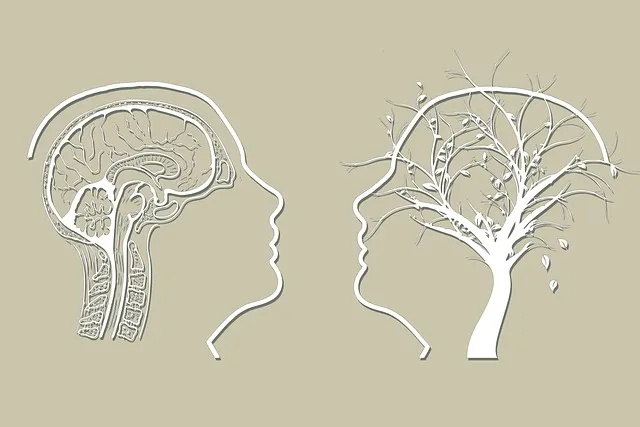
Cultural sensitivity in mental healthcare is a vital aspect that ensures equitable and effective treatment for all individuals, regardless of their cultural background. It involves understanding, appreciating, and respecting diverse cultural beliefs, values, and practices related to mental health and wellness. This approach recognizes that people from different ethnic, racial, and socioeconomic groups may have unique perspectives on illness, healing, and the expression of psychological distress.
At Louisville Kaiser Permanente’s psychiatry department, for instance, cultural sensitivity is woven into their treatment philosophy. They emphasize the importance of Mind Over Matter Principles and positive thinking, while also providing Healthcare Provider Cultural Competency Training to ensure staff are equipped to navigate various cultural contexts. This comprehensive approach not only fosters a welcoming environment but also empowers mental health professionals to offer tailored care that respects individual differences, thereby enhancing treatment outcomes.
– Exploring the impact of cultural differences on mental healthcare seeking and treatment

Understanding cultural sensitivity is paramount in mental healthcare, as cultural differences significantly shape an individual’s experience with seeking and receiving treatment. When exploring this aspect, especially in a diverse community like Louisville, Kentucky, home to various cultural backgrounds, it becomes evident that traditional Western psychiatric practices may not resonate with all patients. For instance, members of minority groups often face unique challenges, influenced by historical trauma and cultural beliefs surrounding mental health.
The journey towards culturally sensitive care involves recognizing these disparities. At Louisville Kaiser Permanente’s psychiatry department, they prioritize an approach that respects and incorporates diverse self-care practices and routines. This can range from understanding the significance of family involvement in decision-making to acknowledging alternative healing methods, such as incorporating traditional cultural practices or languages during therapy sessions. Such adaptations ensure that patients feel seen, heard, and supported, ultimately enhancing the effectiveness of Trauma Support Services and encouraging the development of personalized self-care routines for better mental health outcomes.
Cultural sensitivity is an essential aspect of providing effective mental healthcare, especially within diverse communities like Louisville. By recognizing and understanding the unique cultural contexts and beliefs surrounding mental health, professionals at Louisville Kaiser Permanente Psychiatry can offer tailored support. This approach ensures that individuals from various ethnic and social backgrounds receive respectful, compassionate care, ultimately improving treatment outcomes and fostering a more inclusive healthcare environment.
